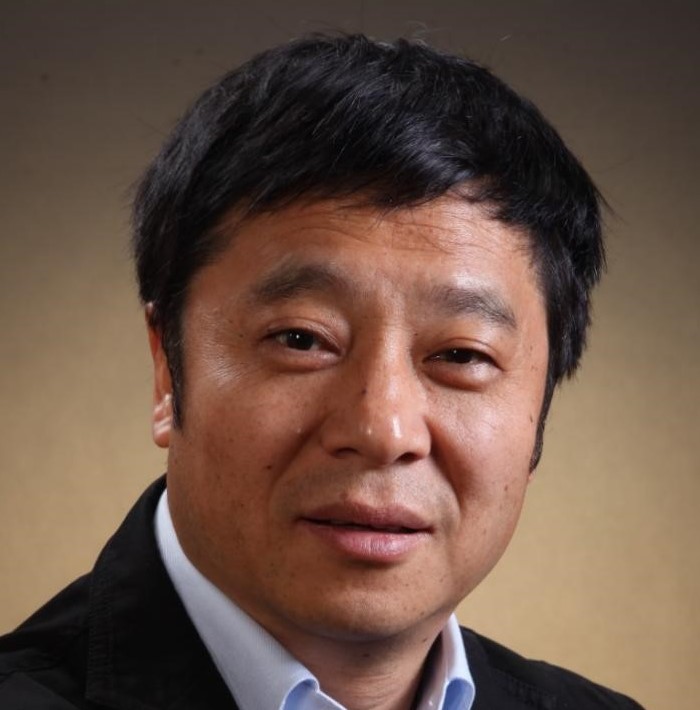使用账号密码登录
Welcome Back
使用表单注册
Welcome Back
Brief Introduction
Hongkui Deng earned his B.Sc. in Cell Biology from Wuhan University and his Ph.D. in immunology from the University of California, Los Angeles. From 1995 to 1997 he was an Aaron Diamond Postdoctoral Fellow with Dan R. Littman at the NYU School of Medicine’s Skirball Institute, where he identified major co-receptors responsible for HIV entry into cells. From 1998 to 2000, he was the director of molecular biology at Viacell Inc. working on ex vivo expansion of human hematopoietic stem cells. Hongkui Deng was awarded the prestigious Cheung Kong Scholarship in 2000 and became a professor at Peking University in 2001. Since 2013, he has been the director of the Peking University Stem Cell Research Center. Professor Deng’s research focuses on somatic cell reprogramming and lineage specific differentiation of human pluripotent stem cells. His lab also explores chemical biological approaches for manipulating cell fate and function. His group was the first to report a chemical approach to induce pluripotent stem cells. He has been awarded several awards and honors including the Tan Jiazhen Life Science Award and Wu Jieping-Paul Janssen Medical & Pharmaceutical Award. He also serves on a number of editorial boards including Cell, Cell Stem Cell, Stem Cell Report, and Cell Research. Professor Deng was elected to the ISSCR Board of Directors in 2010 and re-appointed for a second term in 2013.
Using chemical approaches to reprogram epigenome and generate desired functional cells
Cell fate manipulation is a fundamental question in biology and shows great potential for application in the development of new disease models, drug screening and cell-based therapies. In recent years, we have been developing chemical approaches completely using small molecules to direct cell-fate conversion; hence permitting the generation of diverse cell types including extended pluripotent stem cells and functional lineages such as hepatocytes and neurons. The chemical approach is a non-integrative method to modulate the epigenome and is versatile as it provides spatiotemporal orchestrations of molecular targets in a synergistic manner, which is a simple way to manipulate cell fates and favorable for clinical translations. Very recently, we have employed this approach to foster functional maturation and maintenance of differentiated cells. We have been able to produce a large amount of competent human hepatocytes in vitro. These cells highly resemble and functionally rival freshly isolated primary human hepatocytes for a series of in vitro applications including drug-metabolizing activities, toxicity prediction and modelling hepatitis B virus infection. Furthermore, to apply these cells in the treatment of acute liver failure, we have developed a novel bioartificial liver system, which exhibited high efficacy in preclinical studies using large animal models.

